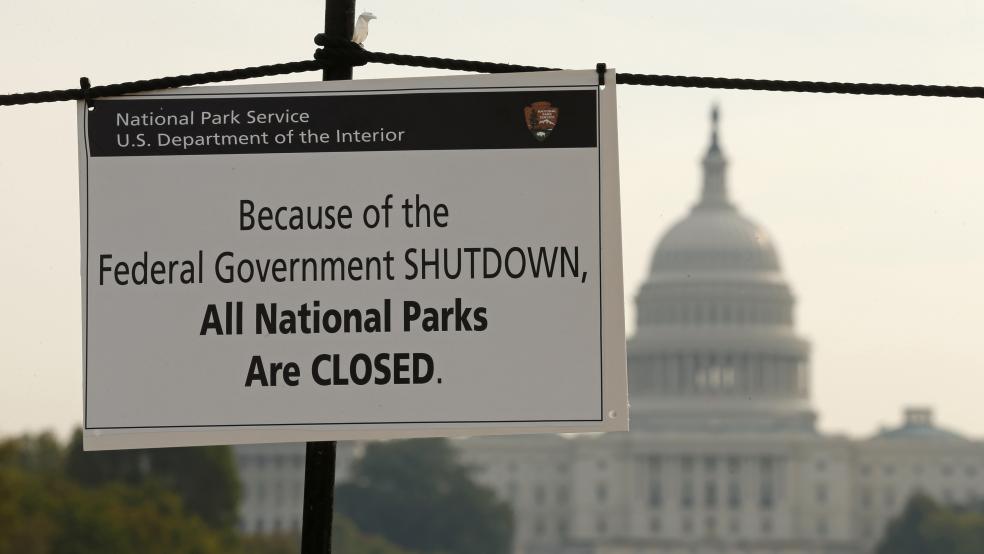The clock is already ticking on the Trump administration and House Speaker Paul Ryan’s next showdown with recalcitrant Republican lawmakers.
Just days after suffering a humiliating defeat on repealing and replacing the Affordable Care Act, lawmakers must look ahead to April 28, when the Continuing Resolution under which the federal government is operating will expire, meaning that without a replacement in place, huge swathes of the federal government will have to shut down the following day.
According to the House calendar, members have only 12 legislative days scheduled between now and then to come to an agreement.
Related: Chair of Freedom Caucus Open to Deficit-Expanding Tax Cuts
The question that will be on the minds of Washington policymakers as well as the financial markets is whether the hard-right conservatives of the House Freedom Caucus, after facing down and embarrassing their own president and speaker once in his first 100 days, will decide to do it again next month.
In the past, the Freedom Caucus and its allies have made their agreement to spending bills contingent on the acceptance poison-pill amendments, such as demands that the legislation defund the Affordable Care Act or Planned Parenthood. And many longtime observers of Congress expect them to do so again.
“You would expect the Freedom Caucus to make a stand -- to be emboldened by the success of the health care thing,” said Stan Collender, a respected expert on the U.S. federal budget process and executive vice president at Qorvis MSLGROUP.
At that point, Trump and Ryan will have a choice: agree to the Freedom Caucus’ demands and watch the bill get filibustered by Senate Democrats, or try to strike a compromise with House Democrats, likely resulting in a bill that gets filibustered by Senate Republicans.
Related: 4 Political Minefields Waiting for Trump Following His Health Care Failure
“I find it hard to see how we don’t get a shutdown, at least for a few days, if only for symbolic reasons,” Collender said. “The question at that point comes down to ‘Who gets blamed?’ Republicans might be willing to take the blame over Planned Parenthood, because for their voters that’s red meat. Democrats might be willing to take the blame too, because preserving Planned Parenthood is a campaign issue for them.”
Freedom Caucus Chairman Rep. Mark Meadows of North Carolina said on Sunday that there wouldn’t be a problem funding the government next month, but Collender urged taking that promise with a grain of salt, saying that the members of Meadows’ group have learned not to telegraph a shutdown so far in advance.
Writing for Axios on Monday morning, Mike Allen reported that senior Republicans have come to view a potential shutdown as “more likely than not.”
The administration has signaled its intent to pivot from its health care debacle to a major effort to reform the tax code. However, given the complexity of that effort and the tight timeline leading to a potential shutdown, it seems safe to assume that the fight over whether to authorize spending for the remainder of the fiscal year will dominate attention in the House for much of the next month.
The Trump team is said to be looking for its first major legislative win, but while Trump might be hoping to have some sort of proactive legislative victory on the books in his first 100 days, it’s looking more likely that any win, if it comes at all, will consist of simply avoiding disaster.





